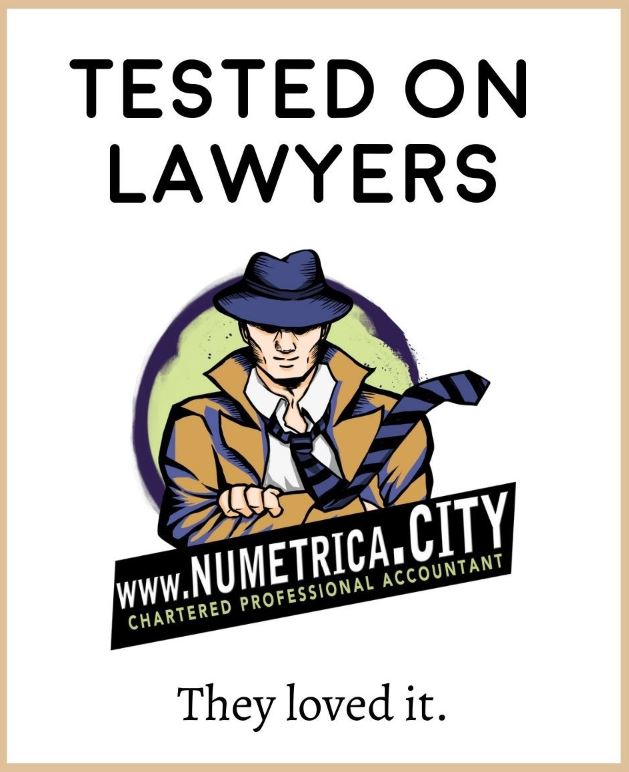
It is extremely important for start-ups, entrepreneurs and even business pros to keep track of their business expenses. These expenses will reduce your taxes when it comes to file your personal tax returns (t1) or corporate tax returns *T2). When tax season starts the deductions will help and forms your strategic plans to perform tax planning, maximize tax deductions and minimize tax owing. So here are some categories that already exist. All you have to do is take advantage of any or all of the following expenses that apply to your business.
Startup costs
Startup costs are the initial costs that you have made. Which includes:
- Incorporation fees,
- Franchise fees and purchase of an existing business or assets,
- Opening your business location,
- Market research and analysis,
- Business plans write ups,
- Marketing and advertising,
- Employee training,
- Professional fees, such as lawyers, accountants,
- Initial travel expenses
- Website development
- Assets roll-overs to the business
- Goodwill
- Home office expenses
Some of these costs are paid before you have even opened your door or announced to the world that your business exists hence they could be missed. Furthermore, there is misconception that when I paid these my business wasn’t established. My answer always is you have made and incurred these costs for the intention of running a business, so they do count.
When we prepare personal or corporate taxes or taking on a new client either established or not, we go through these lists and ensure that we uncover them. We have had clients that have missed over $100K. Hard to believe, right?
Here is a case In Ottawa, we had a client that came to us after a year of operation, their balance sheet showed:
Cash 20K
Inventory 5K
Assets 5K
Total 30K
Do you see anything unusual? We did after digging in, he had purchased the business, so this was an existing business. Do you see it? Well, where is incorporation fees, this cost is often capitalized, so it is not here $1,200. Inventory of 5K is low, assets are low. So, after we collected all documents and asked more questions, the balance sheets turned this way:
Cash 20K
Inventory 35K
Assets 40K
Prepaid rent 20K
Incorporation fees 1.2K
Goodwill 90.5K
Total 206.K
Calculate the difference.
We had a similar situation from another client who came to us from Vancouver. He had also purchased a business and missed A LOT of items.
Often even the business owners are confused, their rational is well these are not new, we paid for them. Absolutely correct, when they are not recorded, they will not be accounted for and hence not reflected in financial statements and not expensed or capitalized. In addition, on the flip side, some of these costs were paid by the owners/shareholders, so we record them as “DUE TO SHAREHOLDERS”. What it also means, is that these liabilities to owners/shareholders will be taken out tax free.
A few years back, we had a great client who bought a spa and used his investments of half a million dollars. For quite a few years we were drawing on Due to shareholders account.
Here is a thought-provoking question, why is this missed in the 1st place?
SRED (read as SHRED) or SR&ED Scientific Research and Experimental Development Tax Credit
In Canada, the government provide SRED incentives in a form of tax credit which turns to be a huge refund to companies. Again, as you guessed it, it is also missed, maybe not that often but who knows.
Ottawa is known to be a High-Tech city, so a lot of high-tech companies are head-quartered here in Silicon Valley North. Claiming these credit and refunds in corporate tax returns or even personal tax returns are more complicated than regular T1 and T2. At Numetrica, we file a few SRED Returns each year for our new and existing clients. We even filed one return that client got a refund of over $150K. Imagine ow much work or developments they can perform with that fund.
Accelerated CCA calculations
In the 2018 Federal Fall Economic Statement, the federal Minister of Finance introduced the Accelerated Investment Incentive (AIIP). This measure allows Canadian businesses to write off a larger share of the cost of newly acquired depreciable assets (tangible and intangible) in the year the investment is made. Only assets acquired and available for use after November 20, 2018 may qualify as AIIP. Very self explanatory, usually business used to by assets and depreciate them based on a specific rate. What pained a few businesses was that in the first year of acquisition Income Tax Act prescribed that we use only 50% of the rate. In 2018, based on the AIIP, we can accelerate the depreciation and depreciate the assets so the companies have an incentive of acquiring new assets and be able to expense them so their cash flow is not hurt as much.
Professional fees
Again, this is an expense that is missed especially if the professional was hired prior to opening the doors. Professionals include, accountants, business coaches, business psychologies, web developers, evaluators, agents.
Home office
Home office expenses include almost any of the physical costs of running an office, such as interest mortgage, property taxes, lease costs, utilities, office supplies, cleaning services and internet fees, home phone. However, there are specific rules for you home space to qualify as a legitimate home office. A home office must be a principal place for doing business and a site that you use on a regular basis. To calculate the costs, for some it is very straight forward, for example if WIFI is used for the business significantly then it is 100% expensed however for others, what you need to do is measure the total area of your home and your office. Obtain the percentage for home office, ie, 20% then 20% of your home costs can be expensed. One more note, create a habit of calculating these costs on a monthly basis and sending an expense report to your company/corporation and get reimbursed. To make this easy for our clients, we have created an excel template which includes a lot of possible items that could potentially be used in the business. When they had the data, the spreadsheeted gives them the total and calculates the HST. This practice also creates a great audit trail in case CRA is asking for details of home office expense.
Sub-contractor costs
If you are hiring another professional to help you and performs part of your work process, the costs are deductible. This can include let’s say you have hired someone online from Fiverr.
Software subscription fees
Any software subscription fees that you are using in your business can be written off. For instance, Microsoft, antivirus, QBO fees, Receipt bank fees, google G Suits, …
I suggest that you go through your credit card statements and flag fees that you are uncertain and tell us what the fees are for. We will have a look and can tell you if you can claim them or not.
Holiday Parties
Yes, there are allowances such as catering for Christmas that are tax deductible.
Travel
Travels in relation to running, managing, and growing your business is considered tax deductible. I.e., driving to see your accountant, lawyers, marketing expert, going to the bank, post office, network parties, trade shows, seminars … you can also claim the miles you drive to meet clients and for other business purposes.
Best way to keep track mileage is to use apps that are specifically designed for this purpose.
Marketing and advertising
Beside the obvious marketing costs, whatever activities that you are undertaking to promote your business and its associated costs are potentially expenses. To assess whether such costs are eligible, ask this question, if someone else was supposed to do what would have been his/her costs. Foe example, if you wanted a marketing professional to put your company sign on his car and drive around town during rush hour, how much would that person charge you? What would be his expenses? Well, that person, would have to go buy a car, get insurance, licence, put gas in his/her car, print the sign and so on. So, if you are doing this yourself, these are your costs as well. Use this rational for other costs to determine their eligibility.
Banking and Interest Expenses
Interest and expenses are definitely accounted for however, self-employed individual always miss this. The reason is they were paying for these costs proper to going to business so they assume since this was personal expense before, government won’t allow the deductions. True, however, now that the account is used for the business those costs are business costs.
TheNewsOwl.com was not involved in the creation of this content. Information contained on this page is provided by an independent third-party content provider. TheNewsOwl.com makes no warranties or representations in connection therewith.



